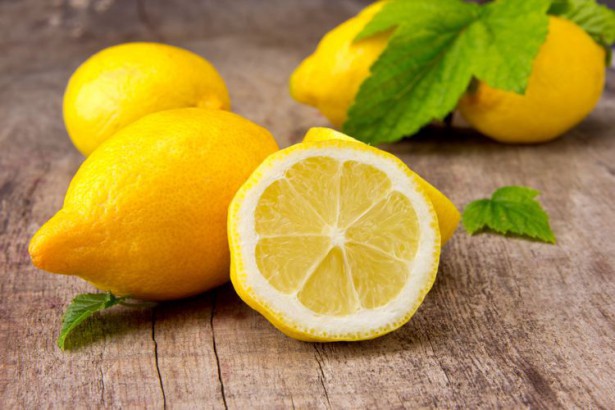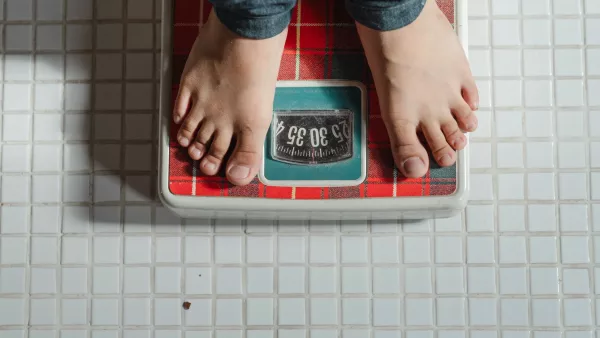Lemon juice is a natural and cost-effective remedy for dark spots on the skin. The citric acid in lemon juice acts as a natural bleaching agent, which can help lighten the appearance of dark spots over time. However, it’s important to note that lemon juice can also be irritating to the skin, particularly if you have sensitive skin.
Squeeze the juice from a fresh lemon into a bowl.
Squeeze the juice from a fresh lemon into a bowl and you have an all-natural remedy for dark spots on your skin. The citric acid in lemon juice is a natural bleaching agent that can help lighten dark spots left behind by acne, sun damage or aging. Simply apply the juice directly to the affected area using a cotton ball or swab and leave it on for 10-15 minutes before rinsing off with warm water.
For best results, repeat this process once daily until you begin to see noticeable changes in your skin tone. However, it is important to note that lemon juice can also make your skin more sensitive to sunlight, so always follow up with sunscreen if you plan on spending time outdoors. Additionally, if you have sensitive skin or experience any irritation while using lemon juice, discontinue use immediately and consult with a dermatologist.
Overall, utilizing lemon juice as an all-natural solution for dark spots is an easy and cost-effective way to improve the appearance of your skin without harsh chemicals or expensive treatments. Give it a try and see the difference it can make in just a few short weeks!
Also Read: wellhealthorganic.com/know-the-causes-of-white-hair-and-easy-ways-to-prevent-it-naturally
Using a cotton ball, apply the lemon juice directly to the dark spots on your skin.
Lemon juice has been known to be a natural ingredient for skin lightening. The citric acid in lemon juice is the key component that makes it an effective dark spot remover. When applied directly to the skin, it acts as a bleaching agent that helps reduce the appearance of dark spots over time. Using a cotton ball to apply lemon juice on dark spots is an easy and inexpensive way to achieve brighter and clearer skin.
To maximize the benefits of using lemon juice, it’s recommended to apply it at night before going to bed, as this allows your skin more time to absorb its nutrients. It’s important not to expose your skin to sunlight while having the lemon juice on your face since this can cause further damage and darken the spots even more. Additionally, always wash off any remaining traces of lemon juice with lukewarm water in the morning.
In conclusion, using a cotton ball dipped into fresh-squeezed lemon juice is an effective way of removing dark spots from your skin naturally. With patience and consistent application, you will notice visible improvements in your complexion over time. However, if you have sensitive skin or allergies, consult with a dermatologist before trying this method out or consider other natural remedies as alternatives.
Let the lemon juice sit on your skin for about 10-15 minutes.
Lemon juice is an affordable, natural ingredient that can help reduce the appearance of dark spots on your skin. Applying lemon juice directly to your skin and letting it sit for 10-15 minutes will allow its natural acids to penetrate deep into the epidermis layer of your skin. This helps break down melanin, which is responsible for causing dark spots.
However, it’s important to note that lemon juice can also cause sensitivity and irritation if not used correctly. Make sure to dilute the lemon juice with water before applying it to your skin. Also, avoid contact with any open wounds or cuts as this may cause stinging sensations and discomfort.
After letting the lemon juice sit on your skin for 10-15 minutes, rinse thoroughly with warm water and follow up with a moisturizer to keep your skin hydrated. With consistent use over time, lemon juice can significantly improve the appearance of dark spots on your skin without breaking the bank or using harsh chemicals.
Rinse the lemon juice off with warm water.
After applying lemon juice to your dark spots, it is important to rinse it off with warm water. Lemon juice has a high acidic content which may cause irritation or dryness if left on the skin for too long. Warm water helps to open up the pores and wash away any excess lemon juice that may have remained on the skin.
When rinsing off the lemon juice, avoid using hot water as this can further irritate your skin. Instead, use lukewarm or room temperature water and gently pat your face dry with a clean towel afterwards. You can also follow up with a moisturizer to help soothe and hydrate your skin.
Overall, rinsing off the lemon juice properly is an important step in using it as a remedy for dark spots. Doing so ensures that you receive its benefits without causing any harm or irritation to your skin.
Apply a moisturizer to your skin to help keep it hydrated.
Applying a moisturizer to your skin is one of the most important steps in any skincare routine. It helps keep your skin hydrated and soft, which can help prevent a range of issues including dryness, flakiness, and premature aging. When it comes to dark spots caused by hyperpigmentation, keeping the affected area hydrated is especially important as it can help reduce the appearance of discoloration over time.
However, not all moisturizers are created equal. Look for products that contain ingredients like hyaluronic acid, glycerin or urea as these are known for their ability to attract and retain moisture in the skin. Additionally, consider using a moisturizer with SPF during the day to protect your skin from further damage caused by UV rays.
Remember that applying moisturizer alone may not be enough to fade dark spots completely. For this reason, you may want to incorporate other treatments into your routine such as exfoliants or serums designed specifically for hyperpigmentation. Be sure to consult with a dermatologist if you have any concerns about treating dark spots on your own.
It’s important to note that you should avoid going out in the sun immediately after using lemon juice on your skin, as it can increase your skin’s sensitivity to the sun. Additionally, lemon juice should not be used as a substitute for sunscreen.
If you have particularly sensitive skin, it’s a good idea to do a patch test on a small area of your skin before applying lemon juice to your dark spots to see how your skin reacts. If you experience any redness, itching, or irritation, discontinue use and consult with a dermatologist.
Also Read: Secrets of Yoga Teachings
Conclusion
In conclusion, using lemon juice as a natural remedy to remove dark spots is an effective and affordable option. However, it is important to keep in mind that results may vary depending on the severity of the dark spot and individual skin type. Additionally, lemon juice can make your skin more sensitive to sunlight, so it is crucial to wear sunscreen when going outside.
It is also recommended to perform a patch test before applying lemon juice directly onto your face or affected area. This will help determine if you are allergic or have any adverse reactions to the citrus fruit. If you experience any discomfort or irritation after using the remedy, discontinue use immediately and consult with a dermatologist.
Overall, incorporating lemon juice into your skincare routine can provide numerous benefits beyond just removing dark spots such as brightening complexion and improving overall skin health. As with any skincare regimen or treatment, consistency and patience are key factors in achieving desired results.
FAQ
Sure, here are some frequently asked questions about using lemon juice to remove dark spots:
How long does it take to see results?
It can take several weeks to see noticeable results. Consistency is key, so it’s important to apply lemon juice regularly to see the best results.
Is it safe to use lemon juice on my skin?
Lemon juice can be safe to use on the skin, but it’s important to note that it can be irritating to some skin types, particularly if you have sensitive skin. It’s a good idea to do a patch test on a small area of skin before applying lemon juice to your face.
Can I leave the lemon juice on my skin overnight?
No, it’s not recommended to leave lemon juice on your skin overnight. Lemon juice can be very acidic and can cause irritation and dryness if left on the skin for too long. It’s best to apply the lemon juice for no more than 10-15 minutes before rinsing it off.
Can I use bottled lemon juice instead of fresh lemon juice?
Fresh lemon juice is always the best option because it contains the highest concentration of citric acid. However, if fresh lemon juice is not available, bottled lemon juice can be used as a substitute.
Can I use lemon juice to lighten other areas of my skin, such as my elbows or knees?
Yes, lemon juice can be used to lighten dark areas on other parts of the body. However, it’s important to be cautious when using it on sensitive areas, as it can be irritating









